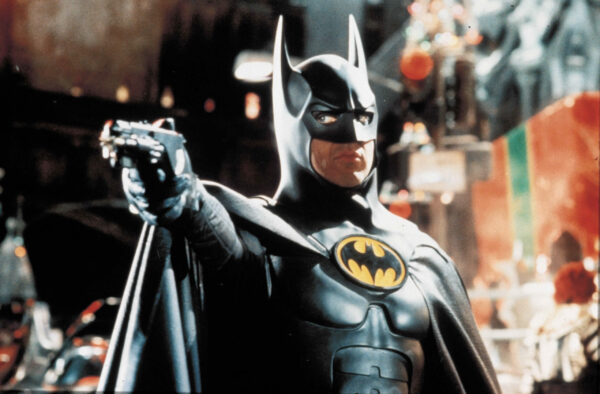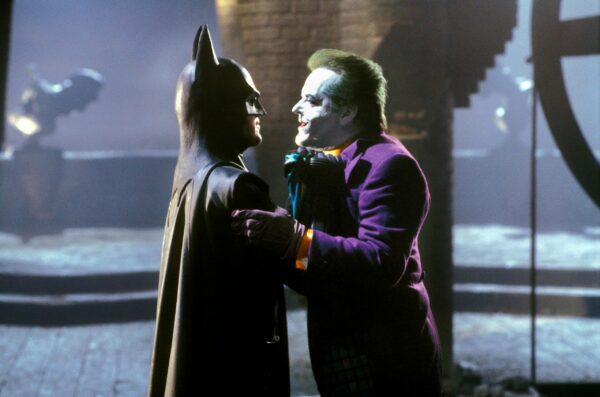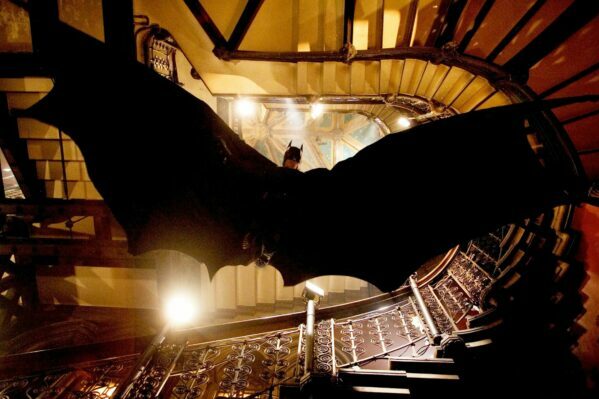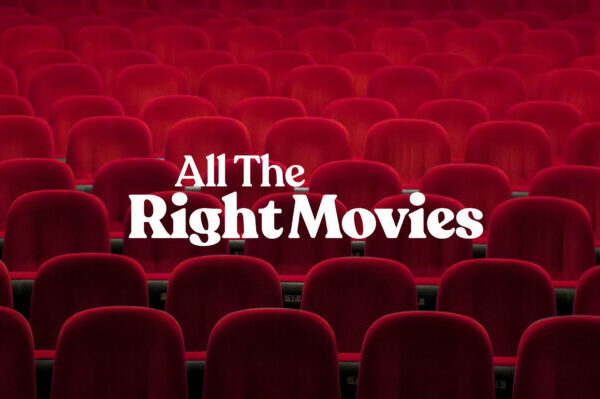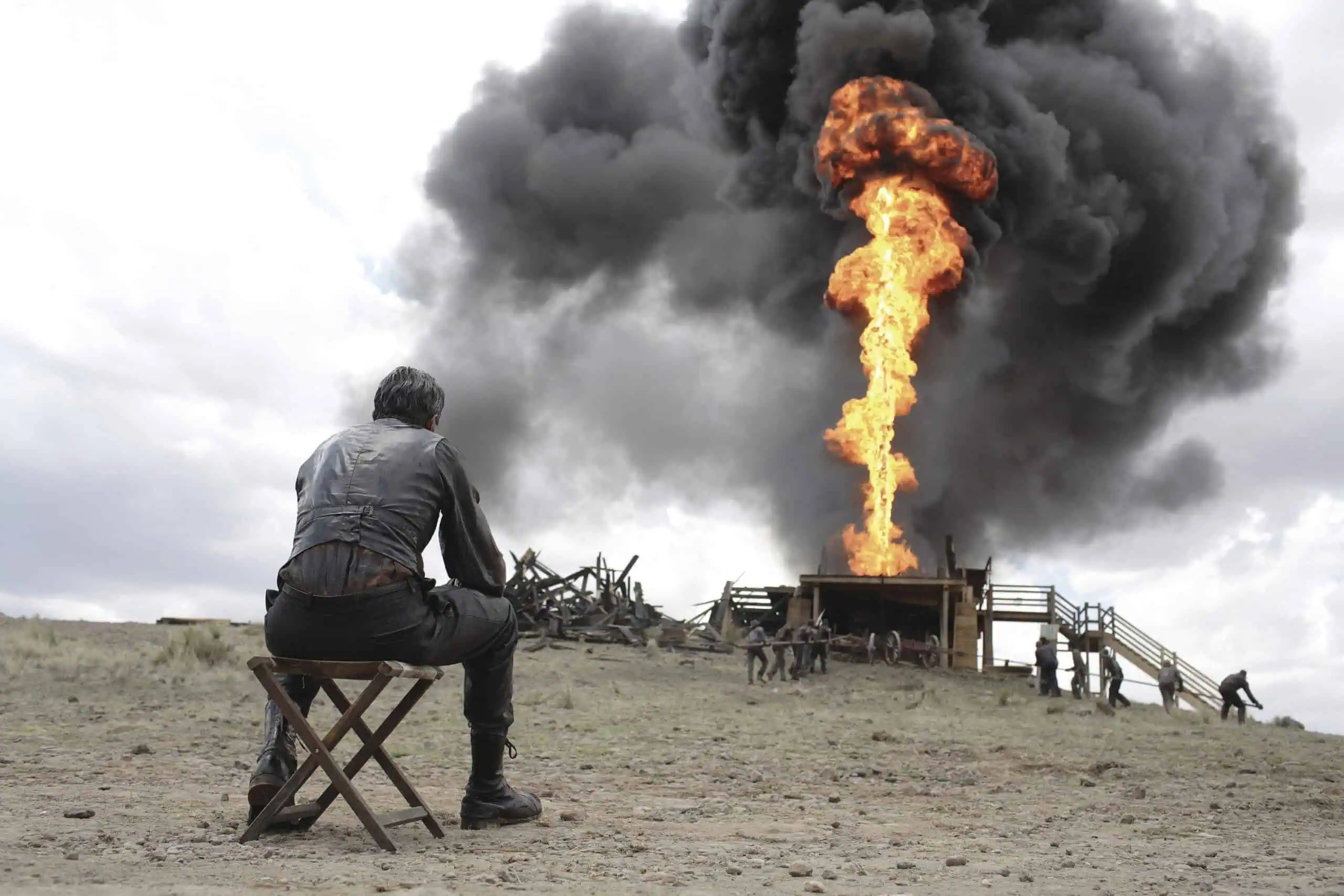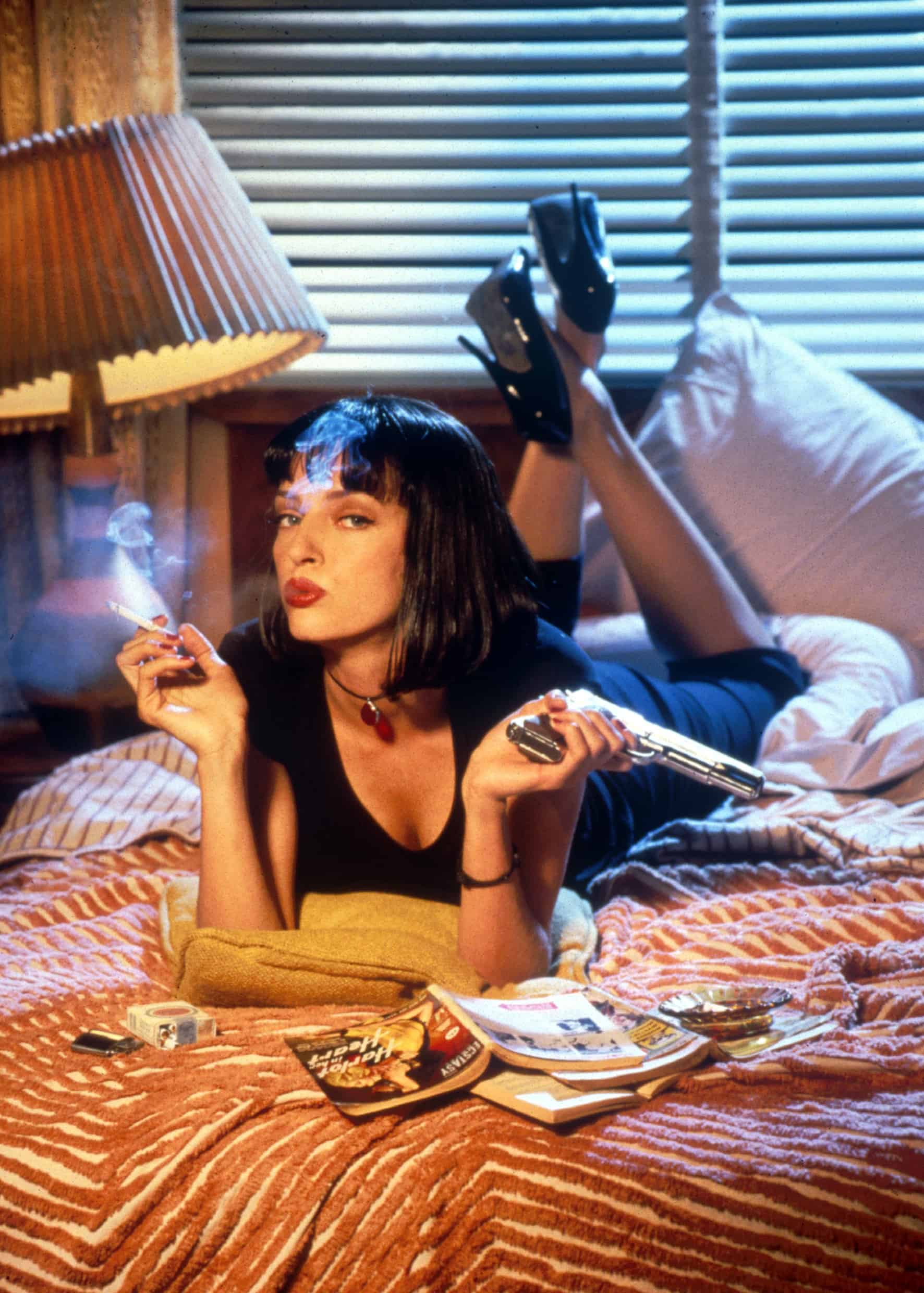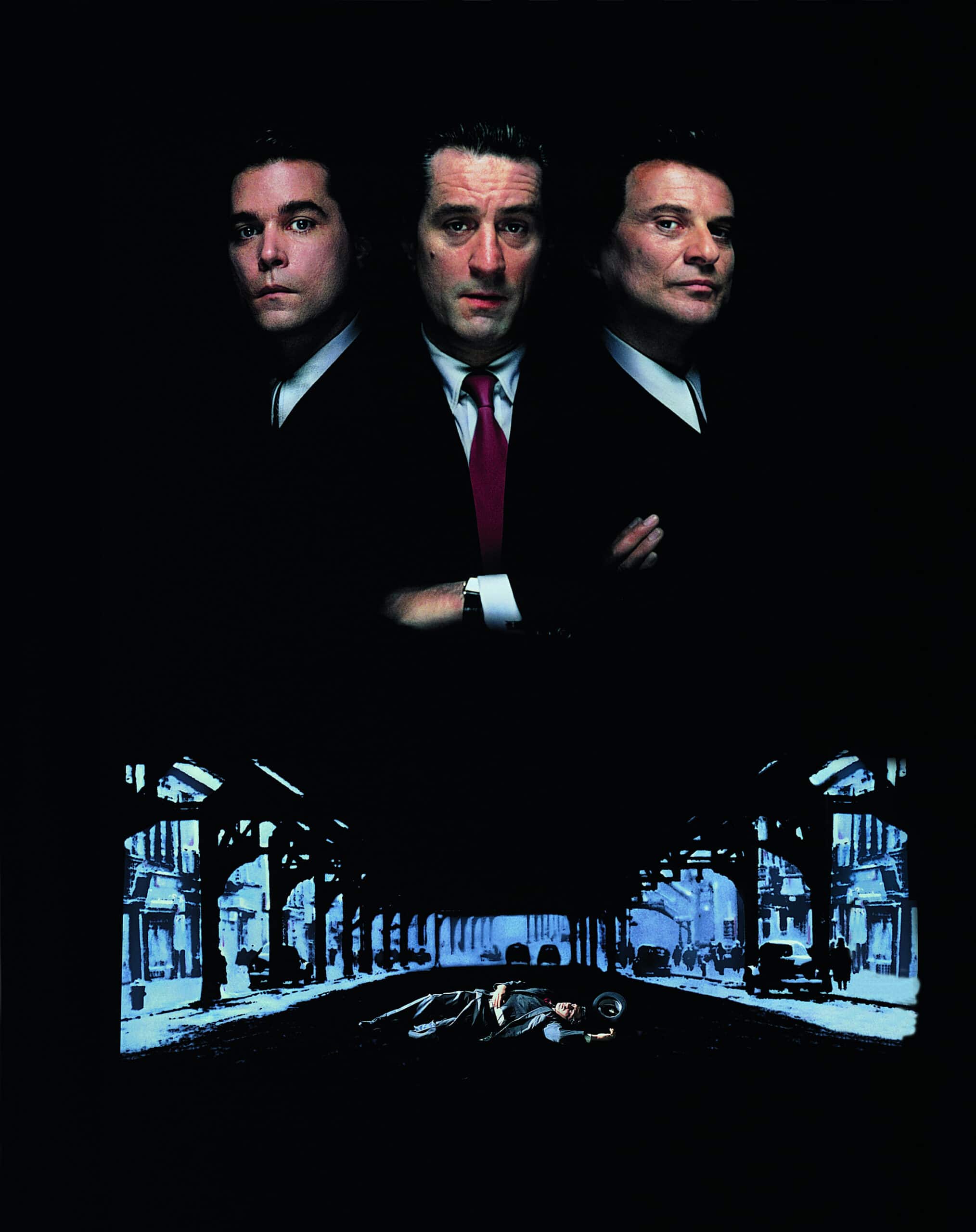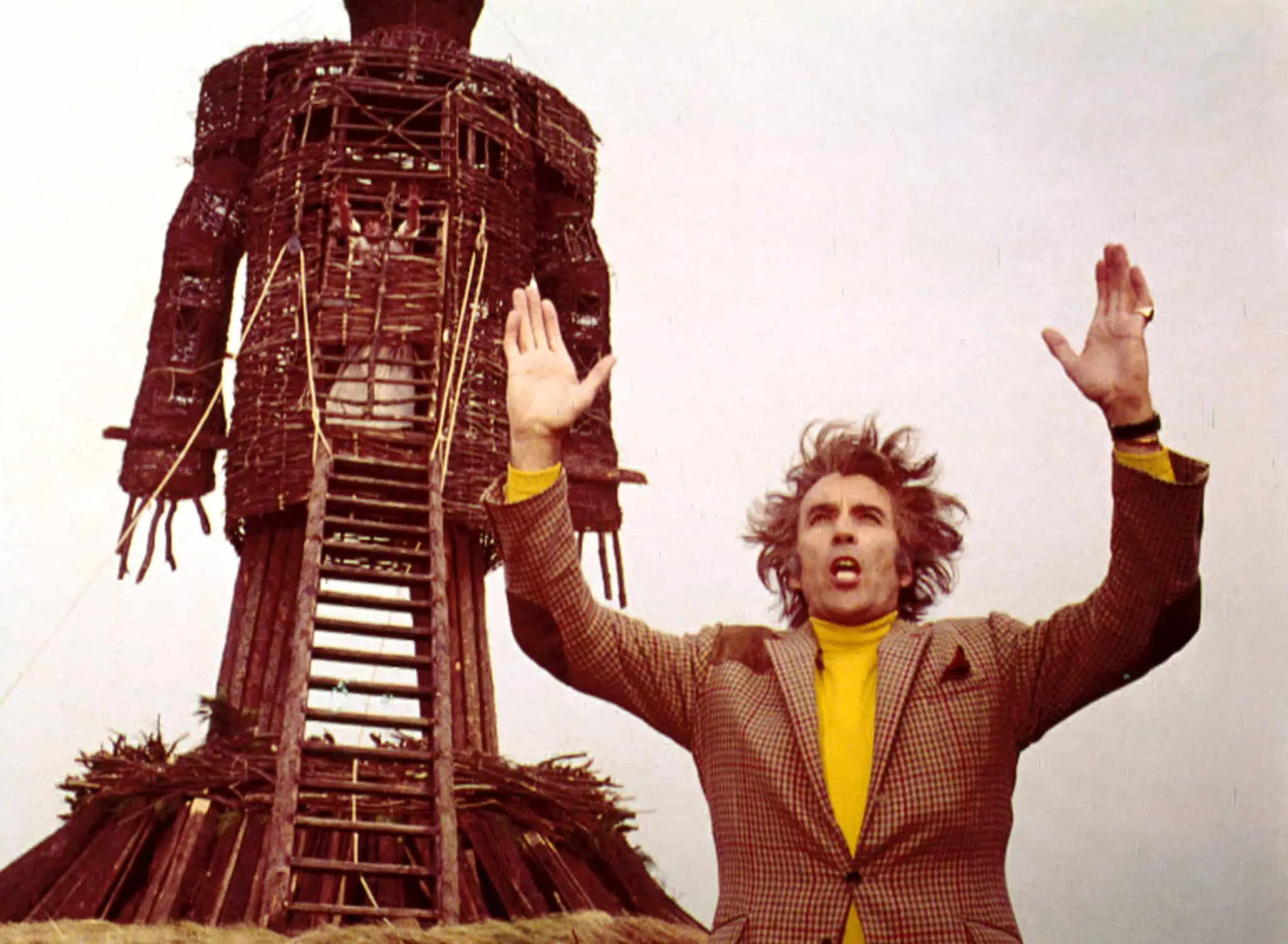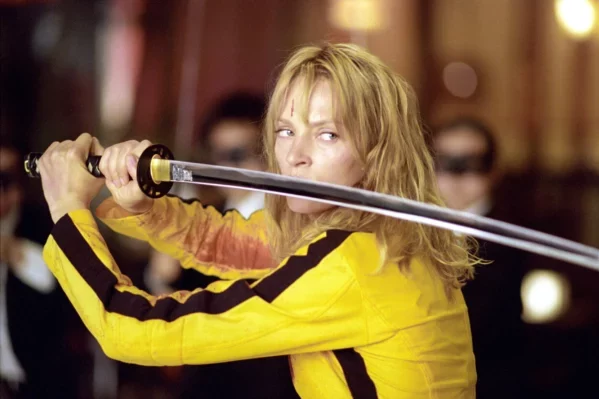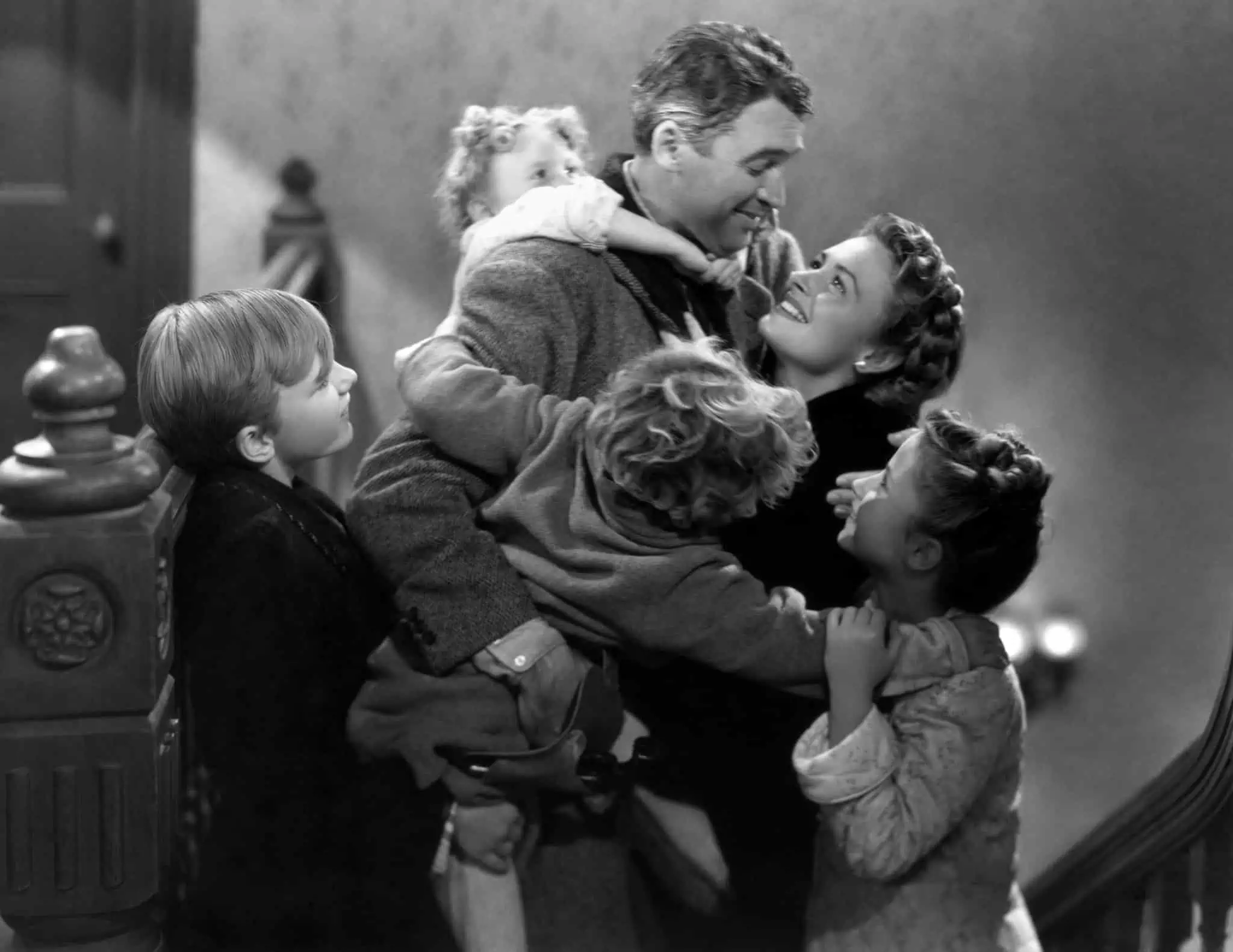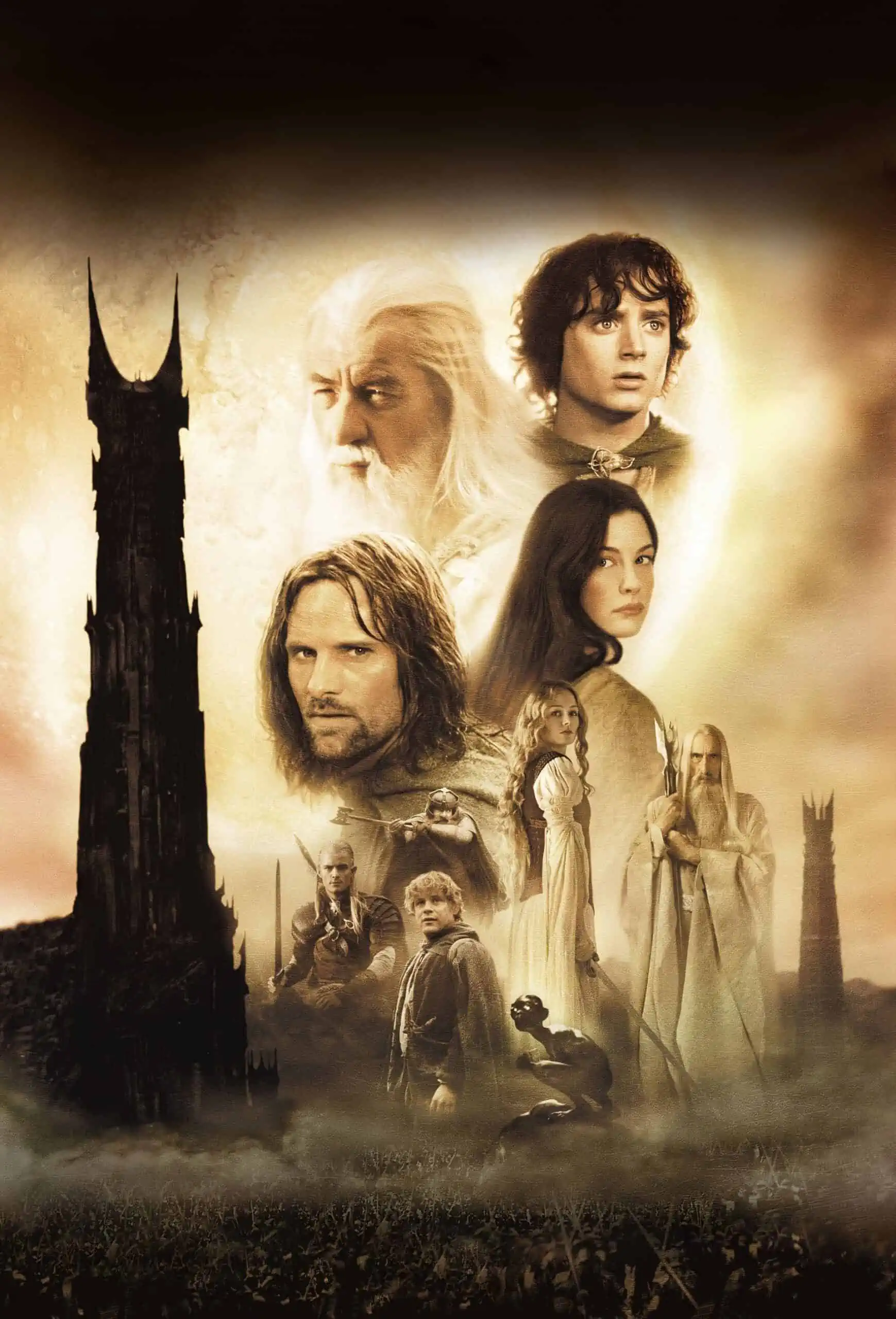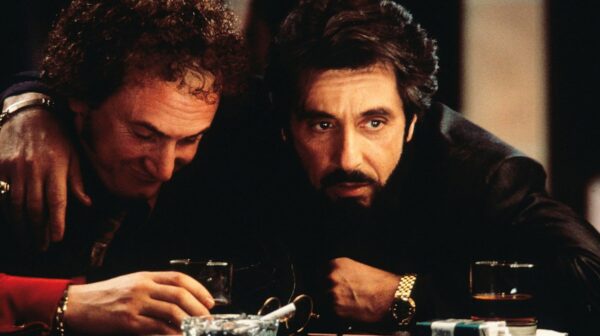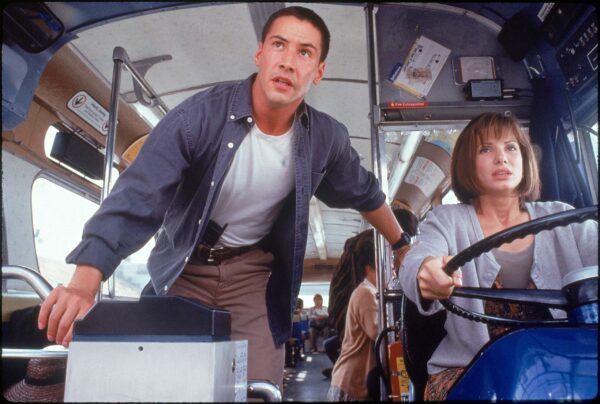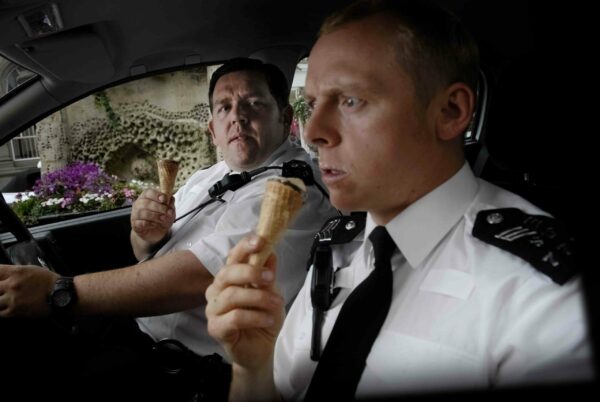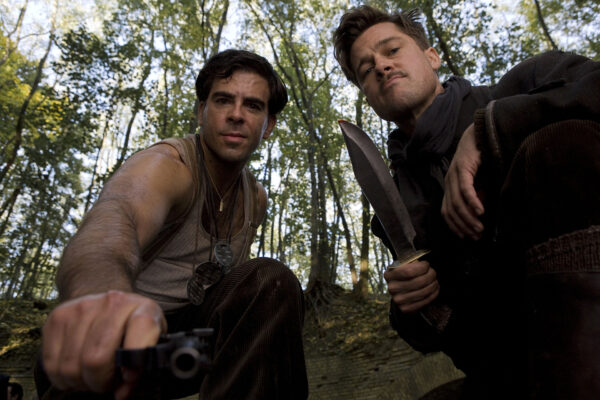
One of the most popular genres among movie fans the world over, horror movies have been continually overlooked when it comes to Academy appreciation. Amy Smith looks at the history of horror movies at the Oscars, and the surprising lack of recognition.
It has become clear in the past few years certain styles of movie are more likely to do well at the Acdaemy Awards than others. They have a clear favouritism for period pieces (The Favourite, Lincoln and Little Women), war epics (1917, Dunkirk and Hacksaw Ridge) and biopics (Bohemian Rhapsody, Darkest Hour and The King’s Speech). There are certain genres that have started to become newly appreciated by the Academy, particularly the comic book movie, due to the success of Joker (2019) earning the most nominations of last year from the Academy and the three wins for Black Panther in 2018. However, there are certain genres that have seemed to be harshly treated by the Academy over the awards’ 92-year span, and none seem to be as bad as the horror genre.
In total, only six horror films in 92 award ceremonies have been nominated for the coveted Best Picture award and only one, The Silence of the Lambs (1991), actually went on to win the award. It also took a long time for a horror film to land a nomination in the category, with 1973’s The Exorcist being the first to do so.
Considering that no horror film had a nomination before the 1970s, it becomes clear that some legendary horror directors were never nominated in the category. The most shocking – and famous – of the omissions is Alfred Hitchcock, perhaps the most well-known horror director of all time. Whilst his non-horror film Rebecca (1940) won 11 awards, including Best Picture, he ended up missing out on Best Director that year. He was nominated for Best Director a total of 5 times and lost out on each occasion. He was honoured with a legacy award, the Irving G. Thalberg Memorial Award for producing in 1968, but he never won a competitive Oscar in his lifespan, despite directing such iconic horror films as Psycho (1960) and The Birds (1963).
The prejudice against horror films in the Academy was clear in the 1950s and 1960s, due to their niche market and bold narrative choices, and this hasn’t changed much. The only major horror film to break into the nomination list at the Academy Awards this decade was Jordan Peele’s Get Out in 2017. Receiving four nominations for Best Director, Best Actor (Daniel Kaluuya), Best Original Screenplay and the coveted Best Picture award, it was a breath of fresh air for the horror-loving community to see a film like this get the recognition it deserved. What was also refreshing was that Get Out actually managed to exceed those expectations and win an award for Jordan Peele in Best Original Screenplay, beating out the likes of Lady Bird, Three Billboards Outside Ebbing, Missouri, and the Best Picture winner The Shape of Water. This was a wonderful moment to witness and an award that Peele fully deserved, given how how innovative and unique that screenplay was.
In total, only six horror films in 92 award ceremonies have been nominated for the coveted Best Picture award and only one, The Silence of the Lambs (1991), actually went on to win the award.
However, I have to question whether Academy members awarded Get Out for the horror elements, or due to the racism issues that are highlighted heavily in the film. In the past decade, there has been a growing number of films dealing with skin colour and racism gaining recognition in the Academy, from 12 Years a Slave (2013) and Moonlight (2016) both winning Best Picture to the success that Black Panther had as a comic book film in 2018. This is a win for horror, but it is clear that the genre may not be the main reason why it was there in the first place.
That theory is only proven to be stronger when we look at the films this year that did end up missing out. In 2019 alone, we had three horror films that could have easily been seen as deserving of high accolades. Jordan Peele came back with Us, another political and systemic racism-commenting film dealing with the struggles of black people in the U.S. Despite a stronger showcase in cinematography, production and music, and with potentially the best acting performance of the entire year in Lupita Nyong’o (a previous Best Supporting Actress winner for 12 Years a Slave), the Academy decided to give it no nominations. In fact, for the 92nd Academy Awards, the horror genre was left represented by one single nomination: Best Cinematography for The Lighthouse, a dark and gripping film that had impressive use of sound, screenwriting and two captivating performances from Willem Dafoe and Robert Pattinson.
The horror director I would have most liked to have seen get recognition, especially in terms of his directorial debut Hereditary (2018), is Ari Aster. Having emerged late in the decade, Aster has already knocked out two award-worthy horror films for A24 in Hereditary and Midsommar (2019). There are a group of people who will easily declare Toni Collette’s performance in Hereditary as one of the greatest performances of the decade and I am riding that bandwagon with them. It is not shocking, but extremely disappointing, that the Academy were not willing to embrace her performance. In both Hereditary and Midsommar, Aster has worked with cinematographer Pawel Pogorzelski, and for good reason, because both of those films were elevated by the cinematography and were some of the strongest of their respected years. To create an effective horror film in the daylight, as Pogorzelski does with the use of cinematography in Midsommar to help capture the horror elements without much use of darknes and shadow, is nothing short of extraordinary. This can be seen in shots of figures hidden in the background, as well as the brutal shots of certain death sequences.
The Academy are making slow yet constant changes to their voting group to allow for a more diverse selection of films to be nominated and to win their prestige awards. With Parasite winning in 2020, this proves that the voting group are becoming closer to accepting a style of film that they have never fully embraced before. We are slowly getting there with comic book films and foreign language films, now it is time to award those doing great work in the horror genre.


